Ask:
I understand that if facial nerve palsy is detected late, there is little chance of cure. So, could you please advise how to identify this disease and how to treat it?
Nguyen Hoang ( Hanoi )
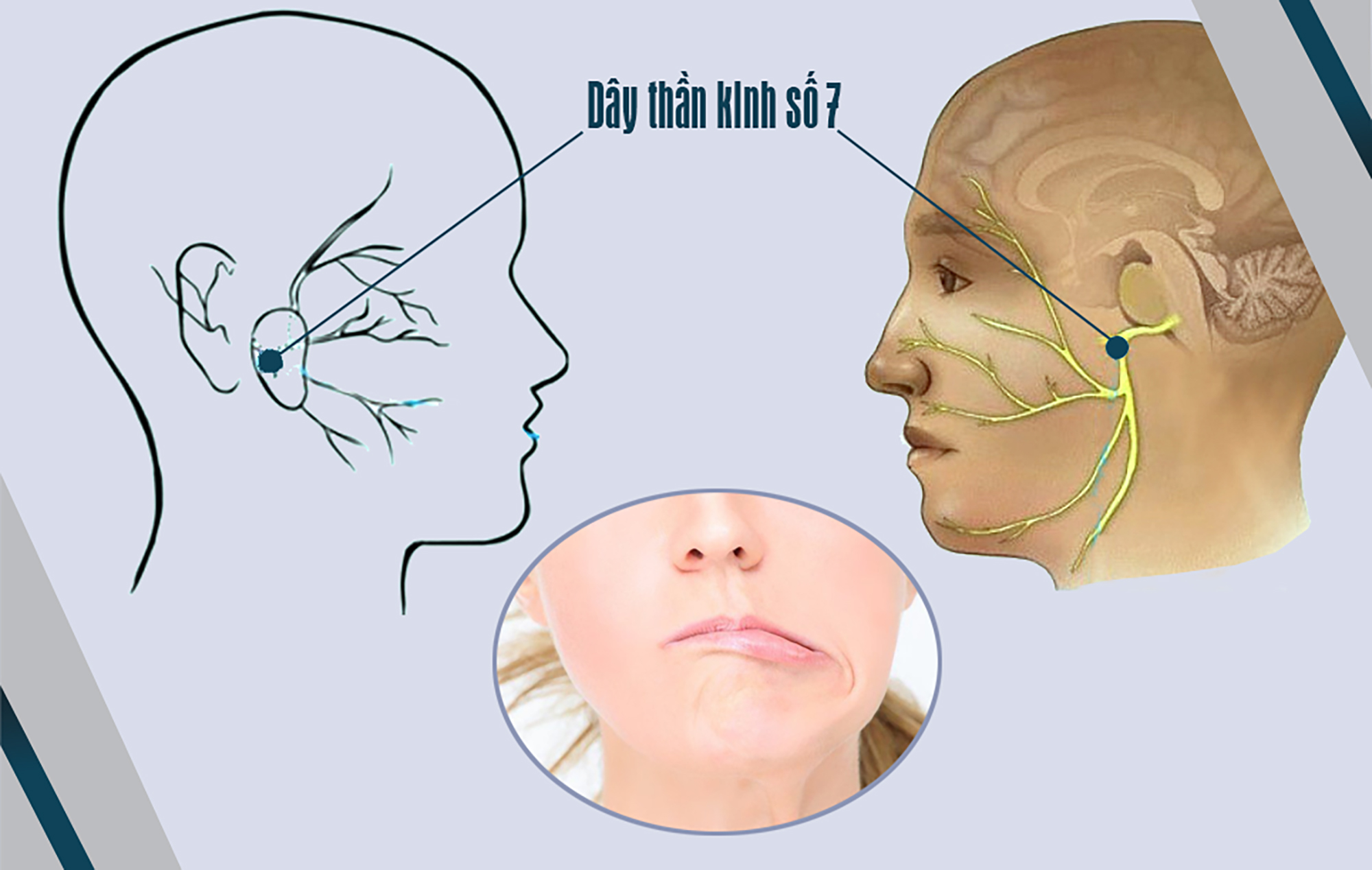
Illustration photo.
MSc. Dr. Hoang Duy Luan, Department of Traditional Medicine, Bach Mai Hospital answered:
Facial nerve palsy (facial paralysis) is a syndrome of damage to the 7th nerve. This causes a decrease or loss of movement of the facial muscles (paralysis of the entire half of the face). The disease can occur at any age and is caused by many reasons.
Up to 80% of the causes of facial nerve paralysis are due to windstroke or sudden cold. In addition, the disease is also caused by many other causes that compress the nerve, leading to swelling and inflammation such as: mastoiditis but not treated promptly, leading to complications, shingles virus, trauma or impact from surgery in the temporal region, mastoid region, face or ear.
Symptoms of peripheral facial nerve palsy are also very easy to recognize and commonly include partial weakness to complete paralysis of one side of the face, progressing over several hours or days, including: Eyes cannot close tightly, watery eyes; Reduced or lost forehead wrinkles, nasolabial folds; Water will flow out of the corners of the mouth on the paralyzed side when rinsing the mouth, food gets stuck between the teeth and cheeks; Numbness of half the face, around the jawbone or behind the ear; Headache, increased sense of sound in the affected ear; Reduced taste in the anterior 2/3 of the tongue on the affected side with reduced salivation and tears.
Bell's palsy needs to be detected early and treated promptly and properly, otherwise it will take a long time to heal and cause various complications.
In addition to modern medical treatments such as using corticosteroids, high doses of vitamin B, and increasing nerve conduction, patients will be treated with a combination of acupuncture, moxibustion, massage - acupressure, hydroacupuncture, thread implantation, herbal decoction, and cupping. Each method is flexibly prescribed to suit each patient and each stage of the disease to achieve the highest efficiency.
To prevent this, you should exercise every day to improve blood circulation. In hot weather, when going to bed, do not turn on the fan or air conditioner so that the cold wind blows directly on your face or the back of your neck. Be careful not to shower late, especially in winter. After showering, dry your hair before going to bed or going out.
Source: https://www.baogiaothong.vn/phong-ngua-liet-day-than-kinh-so-7-cach-nao-192241202235949997.htm



![[Photo] Draft documents of the 14th Party Congress reach people at the Commune Cultural Post Offices](https://vphoto.vietnam.vn/thumb/1200x675/vietnam/resource/IMAGE/2025/10/28/1761642182616_du-thao-tai-tinh-hung-yen-4070-5235-jpg.webp)
![[Photo] National Assembly Chairman Tran Thanh Man received a delegation of the Social Democratic Party of Germany](https://vphoto.vietnam.vn/thumb/1200x675/vietnam/resource/IMAGE/2025/10/28/1761652150406_ndo_br_cover-3345-jpg.webp)
![[Photo] Flooding on the right side of the gate, entrance to Hue Citadel](https://vphoto.vietnam.vn/thumb/1200x675/vietnam/resource/IMAGE/2025/10/28/1761660788143_ndo_br_gen-h-z7165069467254-74c71c36d0cb396744b678cec80552f0-2-jpg.webp)


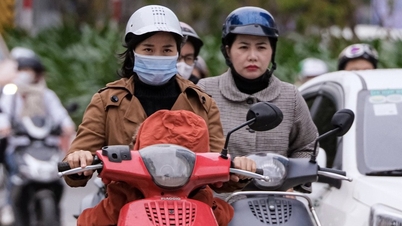










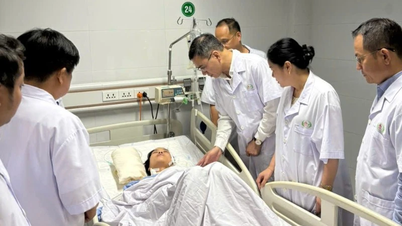

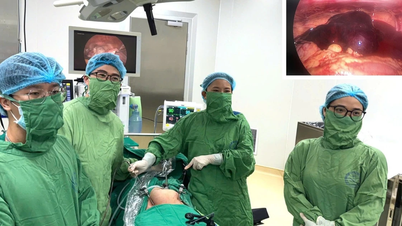
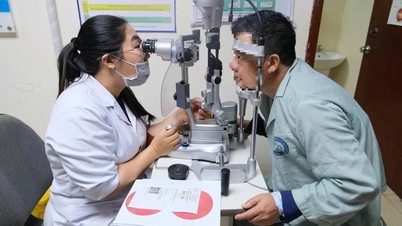











![[Photo] President Luong Cuong attends the 80th Anniversary of the Traditional Day of the Armed Forces of Military Region 3](https://vphoto.vietnam.vn/thumb/1200x675/vietnam/resource/IMAGE/2025/10/28/1761635584312_ndo_br_1-jpg.webp)







































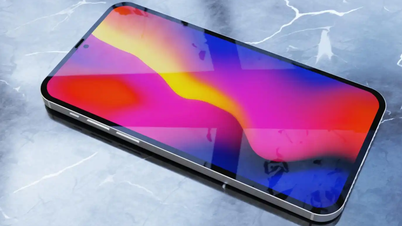















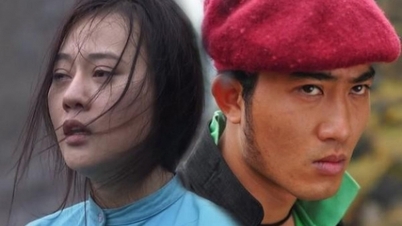

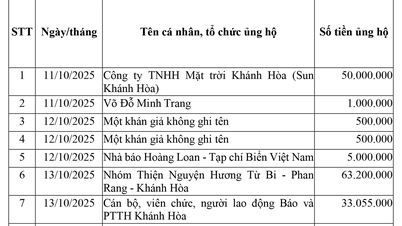




















Comment (0)